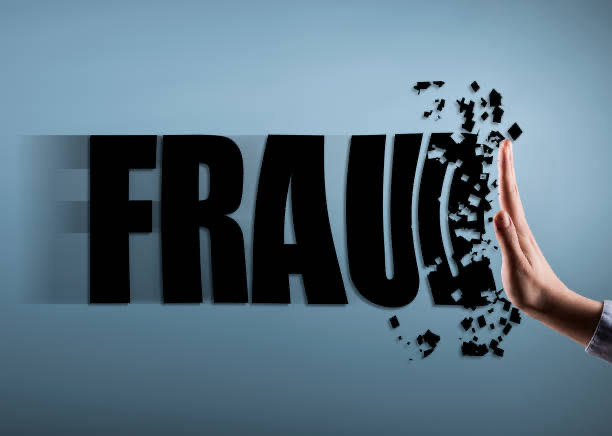As the cryptocurrency market continues to expand, an increasing number of projects enter the space, making it difficult for investors to separate the genuine projects from the scams. In this comprehensive guide, we’ll discuss key factors to consider when evaluating a crypto project’s legitimacy and the importance of checking for GitHub repositories and quality code.
- Check for a Detailed Whitepaper
A legitimate crypto project will typically have a comprehensive and well-structured whitepaper. This document should outline the project’s goals, technology, tokenomics, and roadmap. A poorly written or vague whitepaper may be a red flag. - Investigate the Development Team
Research the team behind the project to verify their experience and expertise. A strong development team with a proven track record in the industry is more likely to deliver a successful project. Be cautious if the team members have no online presence or verifiable credentials. - Look for an Active GitHub Repository
A project’s GitHub repository is a critical aspect of evaluating its legitimacy. Many scam projects lack a GitHub presence or have a repository with no significant code. Authentic projects will have an active GitHub with regular commits, demonstrating ongoing development and progress. - Assess the Token Utility and Distribution
Consider the purpose and utility of the project’s token. Is it integrated into the platform’s ecosystem, or is it just a means of raising funds? Additionally, examine the token distribution model to ensure it’s fair and transparent. - Evaluate the Project’s Community Engagement
A legitimate crypto project will maintain open communication with its community, providing regular updates and addressing concerns. Check the project’s social media channels, forums, and blogs to gauge their engagement with users and investors. Also if you have doubts and ask about them in an official chat if the admins kick you for FUD it is mostly a red flag. I’m that case be cautious. - Verify Partnerships and Collaborations
Authentic projects often form partnerships and collaborations with established businesses or organizations. Verify the legitimacy of any partnerships by checking official announcements and contacting the partner organizations if necessary. - Seek Third-Party Audits and Reviews
Trustworthy crypto projects may undergo third-party audits and code reviews to ensure the security and functionality of their platform. Look for evidence of these audits, as they can provide an extra layer of confidence in the project’s legitimacy. - Analyze the Project’s Marketing Tactics
Be wary of projects that focus more on marketing hype than actual development. Aggressive marketing campaigns with unrealistic promises or guaranteed returns are often indicators of a scam.
While the cryptocurrency market presents numerous opportunities for investors, it also harbors its fair share of scams and fraudulent projects. By considering the factors mentioned above and ensuring a project has a legitimate GitHub repository and quality code, you can significantly reduce the risks associated with crypto investments and make more informed decisions in this exciting and rapidly evolving space. It is always advised to Do Your Own Research (DYOR).

